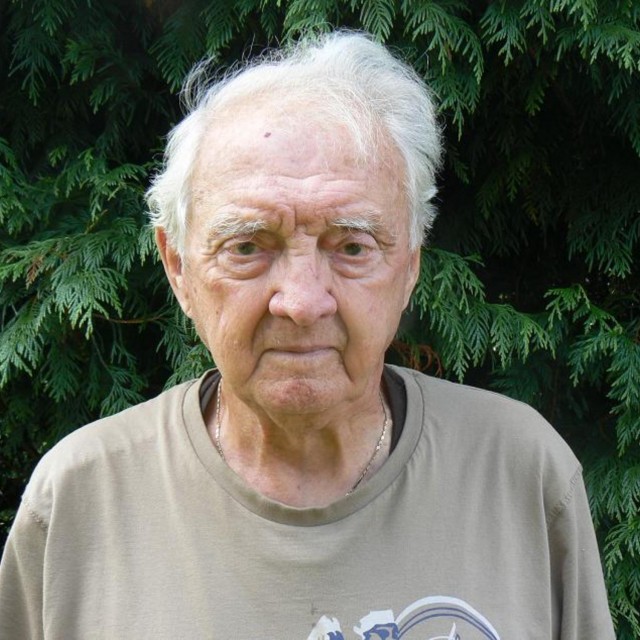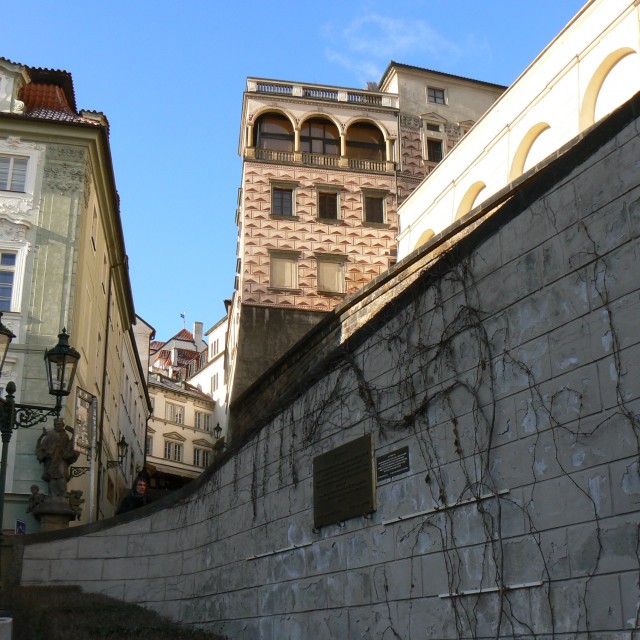I command you to go separate ways
On February 20, 1948, from a position of the head of the National socialist youth Josef Lesák wrote a telegram to the president Edvard Beneš. That was his way to protest against personal changes conducted by the ministry of internal affairs, Václav Nosek, a member of SNB and a demission of non-communist members of the contemporary government. More citizens of the former Czechoslovakia didn’t agree with the events. On February 23, 1948 an unexpected march of students formed from a public people´s camp gathered at Republiky square, proceeded to the Prague Castle. Josef Lesák went at the very front leading a number of students, teachers and journalists. They all managed to get through the counteraction of militia and communists controlled by security forces and arrived to the Castle: "When we began to fill the Hradčanské square, we encountered a powerful group of emergency SNB troop taking positions in two lines with guns aiming at us; as we later found out they were carrying automatic guns. There was a line of high school students facing a line of policemen. The head of SNB stood out and started shouting: 'I command you immediately go separate ways. I am authorised to use all means possible to break you, do not force me to do so.'" Only five chosen people could meet the president Beneš including Josef Lesák, who at the beginning of his speech thanked him: "in the name of the young Czechoslovak generation for his credits in the 1st resistance troop taking actions against the Austro-Hungarian monarchy side by side to T. G. Masaryk and in the 2nd resistance against Nazism that he had led." In the end of his speech he added: "Mr President, we are not after winning over a competitive party. Please do everything you can for the Czechoslovakia to remain a democratic, free and independent republic." Edvard Beneš simply assured him: "Please tell your colleagues and everyone else: I have the situation firmly under control. Czechoslovakia will maintain democracy along the lines of Masaryk´s intentions as well as mine. We will come to an understanding with all the parties."
Hodnocení
Hodnotilo 0 lidí
Routes
Not a part of any route.
Comments
No comments yet.




